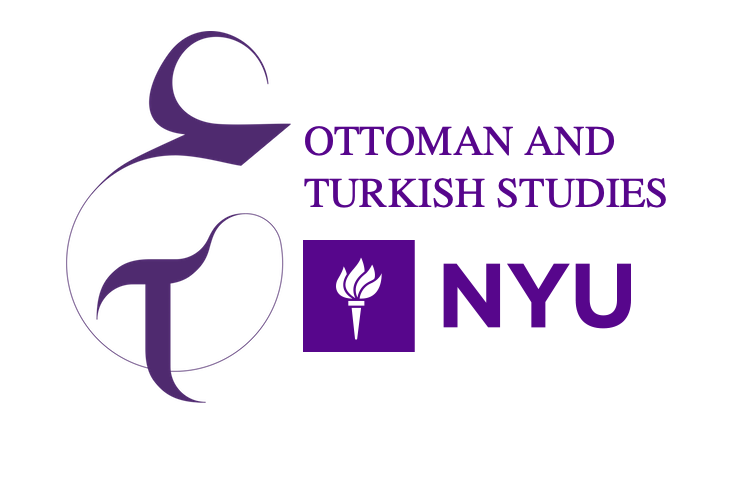In the eighteenth century, when stability, peace, and prosperity were entirely new to most in Istanbul, leisure, or the lack thereof, seemed to be on people’s minds because there seemed to be so little of it. It was almost as if people had entirely forgotten about it during the tumultuous seventeenth century. This talk, delivered by Harun Küçük, conceptualizes leisure as a perception of time, as a state of being, and as a moral disposition, as well discusses work, work ethic, and what it meant to work at different social levels. This talk delves into the biographies of several poets and authors who spoke extensively about leisure, including Nabi, Dimitri Cantemir, Nicholas Mavrocordato, Esad of Ioannina, and Ibrahim Müteferrika.
As an extension to this topic, Walter Feldman discusses leisure in the music of the Ottoman Eighteenth Century. The increasing participation of non-Muslims in secular high culture allowed the Greek guildsman Zaharya Hanende (d. ca. 1770) to become one of the leading composers for the Ottoman court. Feldman’s talk and musical demonstration take as an example Zaharya's beste in the mode Rast, and rhythmic cycle Ağır Çember (24/2), set to the gazel poetry of his Muslim contemporary Nafiz (d. 1767).
Image Credit: Charles Fonton, Essai sur la musique orientale comparée à la musique européenne, Paris, 1751.
Speakers
-
Walter Zev Feldman, Senior Research Fellow, NYUAD
-
Harun Küçük, Assistant Professor of History and Sociology of Science, University of Pennsylvania
In Collaboration with





